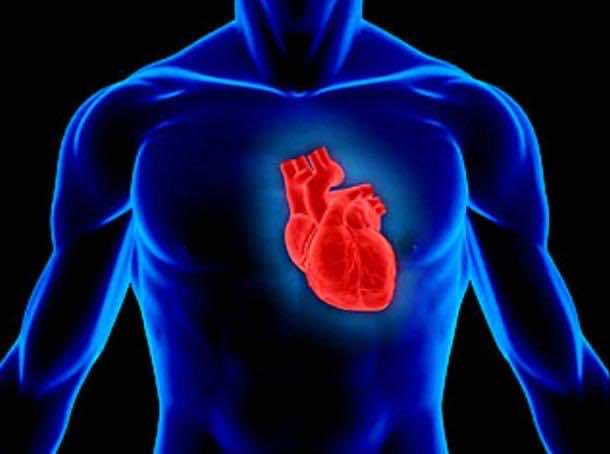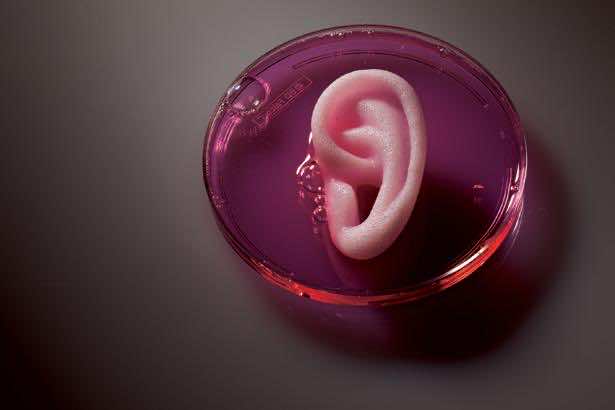If this research goes according to the plan then you’ll be witnessing the phasing out of transplanting of donor organs and will be able to witness a miracle; patients growing their own new organs. The breakthrough has been achieved by British scientists that have been successful in creating cells that upon being injected into the body are able to grow into a complete functioning organ.
The research, so far, has been carried out on mice and has proven to be a success. Therefore, in future dealing with kidney problems, heart problems and failed liver will be way easier to tackle. As of now, the research is in a very early stage but is very promising.
The research is led by Professor Clare Blackburn at the University of Edinburgh and he said; ‘The ability to grow replacement organs from cells in the lab is one of the holy grails in regenerative medicine. By directly reprogramming cells we’ve managed to produce an artificial cell type that, when transplanted, can form a fully organized and functional organ. This is an important first step.’
Although it may require another decade before the technique is suitable for human race and is effective, the research was welcomed with beaming smiles. The research has been published in the journal Nature Cell Biology and the team made use of fledgling technology in order to grow an artificial thymus in a mouse. Thymus is a small but central organ that works as part of immune system and was made to grow from a small number of cells until it began functioning similar to one found in a healthy adult mouse. This was achieved by collecting cells, fibroblasts, from the mouse’s embryo and then reprogramming of them to work as thymus cells.
The study was funded by Regenerative Medicine at the Medical Research Council and the head, Dr. Rob Buckle says; ‘Growing replacement parts for damaged tissue could remove the need to transplant whole organs from one person to another, which has many drawbacks – not least a critical lack of donors. This research is an exciting early step towards that goal, and a convincing demonstration of the potential power of direct reprogramming technology, by which once cell type is converted to another. However, much more work will be needed before this process can be reproduced in the lab environment, and in a safe and tightly controlled way suitable for use in humans. The scientific community last night welcomed the finding as something that could ‘dramatically transform patients’ lives’.
Prof Robin Lovell-Badge, head of developmental genetics at the National Institute for Medical Research, further added and said: ‘This appears to be an excellent study combining several approaches, each of which has been known to work in other systems. This is an important achievement both for demonstrating how to make an organ, albeit a relatively simple one, and because of the critical role of the thymus in developing a proper functioning immune system.’

